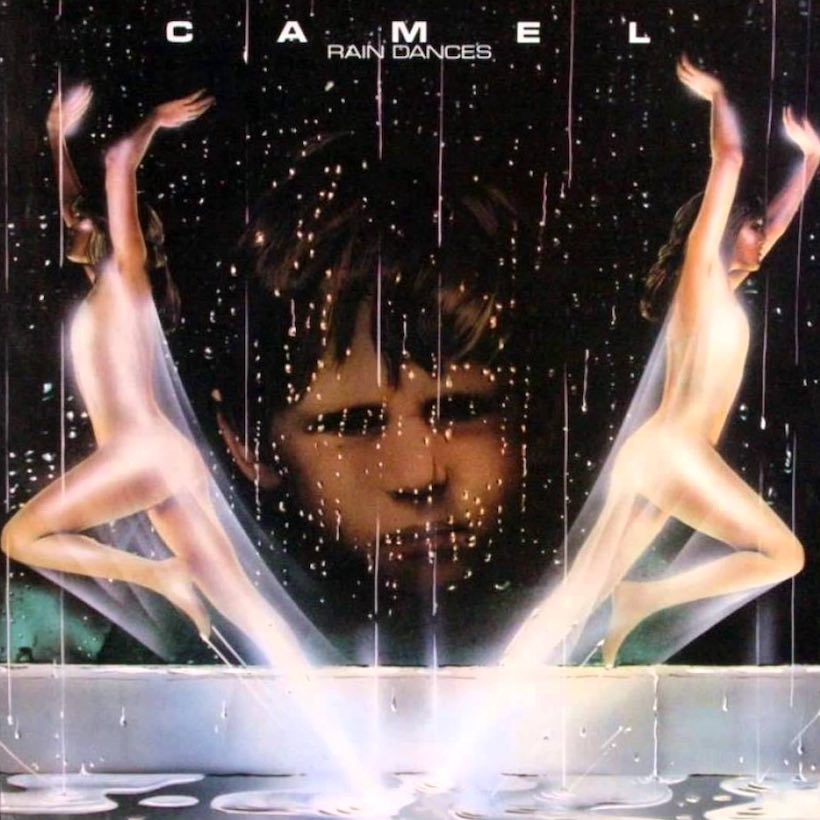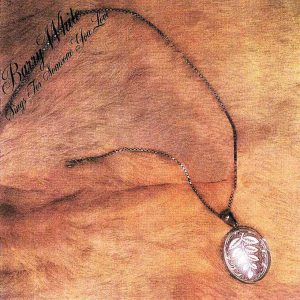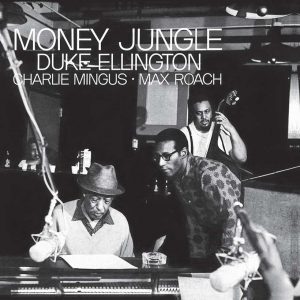Received wisdom might suggest that punk rock had laid waste to progressive rock by the latter months of 1977. Genesis, ELP and other heavyweights will tell you otherwise, as will Camel, whose fifth studio album Rain Dances entered the UK charts on September 17 that year and immediately became their second Top 20 LP in a row.
This was a staging post for the English outfit, some four years after their self-titled debut record. It marked the arrival of former Caravan co-founder, bassist and vocalist Richard Sinclair, and ex-King Crimson saxophonist Mel Collins, and the departure of bass player Doug Ferguson.
After the No.15 UK success of 1976’s Moon Madness, there was no sign of any slowing in Camel’s popularity or creativity. Co-producing again with Rhett Davies, Rain Dances featured nine new songs largely written by Pete Bardens and Andy Latimer.
Camel featuring Brian Eno
There was a guest appearance on “Elke” by Brian Eno, on acoustic and electric piano, Mini Moog and bells. The 2009 reissue of the album added seven more tracks, six of which came from the BBC Sight & Sound In Concert performance, broadcast simultaneously by BBC Radio 1 and BBC2 on television on October 1 that year.
Listen to uDiscover Music’s Camel Best Of playlist.
Rain Dances debuted at No.20 in a UK chart that did reflect the new wave in a climb into the Top Ten for the Stranglers’ debut album Stranglers IV (Rattus Norvegicus), but which also had a strongly progressive flavor. Jean-Michel Jarre’s Oxygene climbed to No.2, while Yes were just outside the top ten with Going For The One and the Alan Parsons Project were in the Top 50 with I Robot.
The Camel album spent a second week at No.20 in an eight-week chart run. Two more Top 40 LPs would follow for the band, including with their next release Breathless in 1978.
Buy or stream Rain Dances.




